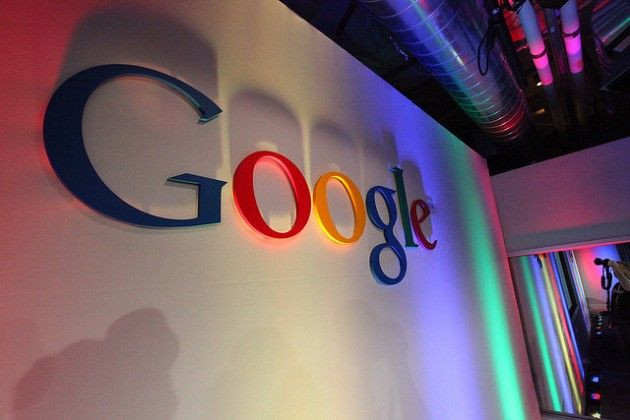Google Co-Founder Larry Page Announces Calico, New Health Company That Will Aim To Lengthen The Human Lifespan

Google's "10X Thinking" mindset - which aims to push the boundaries in what a company can innovate and achieve - now leads the giant tech corporation to a new frontier, the medical world.
Google co-founder and CEO Larry Page announced Wednesday that Google will be launching a new branch called Calico, headed by the biochemist Art Levinson, who is the chairman of the biotechnology firm Genentech as well as Apple, Inc.
Though not much information has been released, Google says Calico will aim to research and develop new technologies that may help increase the human lifespan. The attempt to lengthen the human life “would be crazy—if it weren’t Google,” the Sept. 30 issue of TIME, which profiles Larry Page, says on its cover.
Calico will be a separate entity from Google X, which is another research branch within the company. Other initiatives that "thinking in 10X" has produced include Google Glass, the computer that could be worn as eyeglasses.
“I’m excited to announce Calico, a new company that will focus on health and well-being, in particular the challenge of aging and associated diseases,” Larry Page wrote on his Google+ profile Wednesday at noon. "Don't be surprised if we invest in projects that seem strange or speculative compared with our existing Internet businesses," he continued.
Google’s previous expenditure into the healthcare industry was shuttered in January 2013, when Google Health, which aimed to provide people with a way to store medical records online, was permanently discontinued.
“And while [Calico] is clearly a longer-term bet, we believe we can make good progress within reasonable timescales with the right goals and the right people,” Page wrote on his Google+ profile.
The Google co-founders are no strangers to personal health concerns. Earlier this year, Larry Page announced that he had been diagnosed with vocal cord paralysis, due to a nerve issue that he’s had for 14 years. The vocal cord issue kept him from attending several public-speaking events, and has affected his speaking abilities as well as his level of aerobic exercise.
Sergey Brin, meanwhile, has spoken about his 50 percent chance to develop Parkinson’s disease, which could impair his motor skills and speech as a degenerative central nervous system disorder. Brin’s mother developed Parkinson’s at age 49, which spurred Brin to donate hundreds of millions of dollars to Parkinson’s research.
“For me, it was always unsatisfying if you look at companies that get very big, and they’re just doing one thing,” Page told TIME. “Ideally, if you have more people and more resources, you can do more things, get more things solved. We’ve kind of always had that philosophy.”
Published by Medicaldaily.com



























